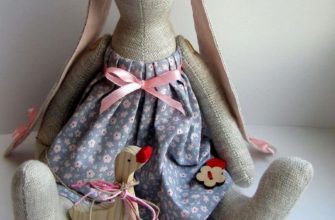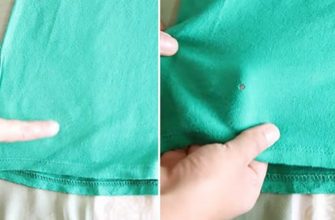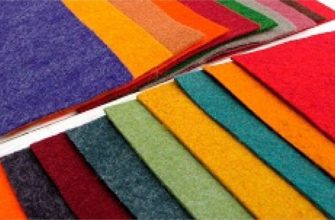The Japanese brand Janome has a machine for every seamstress, regardless of her skills. The products of this manufacturer are distinguished by their reliability and quality. The only problem that may arise is the difficulty in operation, so users of the device should study the operating instructions for the Janome sewing machine well before starting work.
Advantages of Janome models
It is no coincidence that Janome brand products are among the top best sewing machines. Each model has a number of undeniable advantages compared to other units. But in order to most correctly identify them, it is necessary to divide the sewing machines of this company into 3 categories by control type.
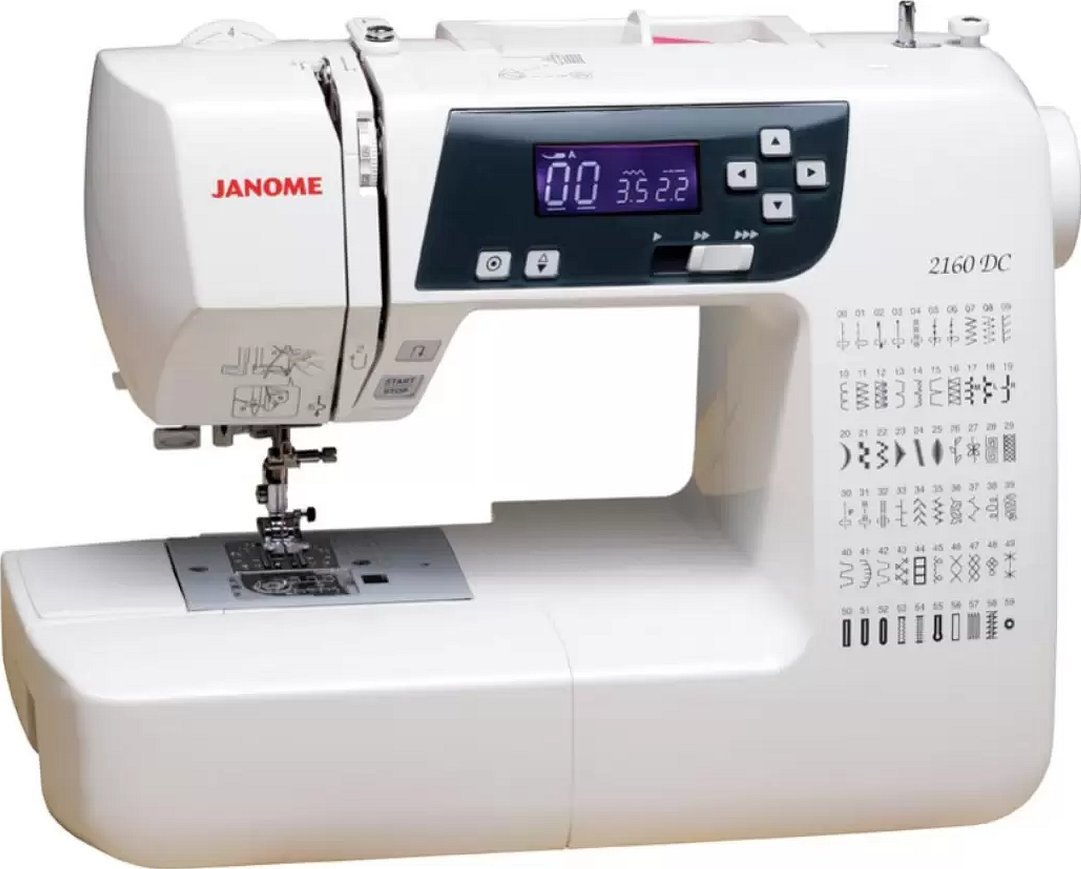
So, the advantages of Janome models with electromechanical control type:
- convenient needle threader;
- semi-automatic mode is set;
- low noise level during operation.
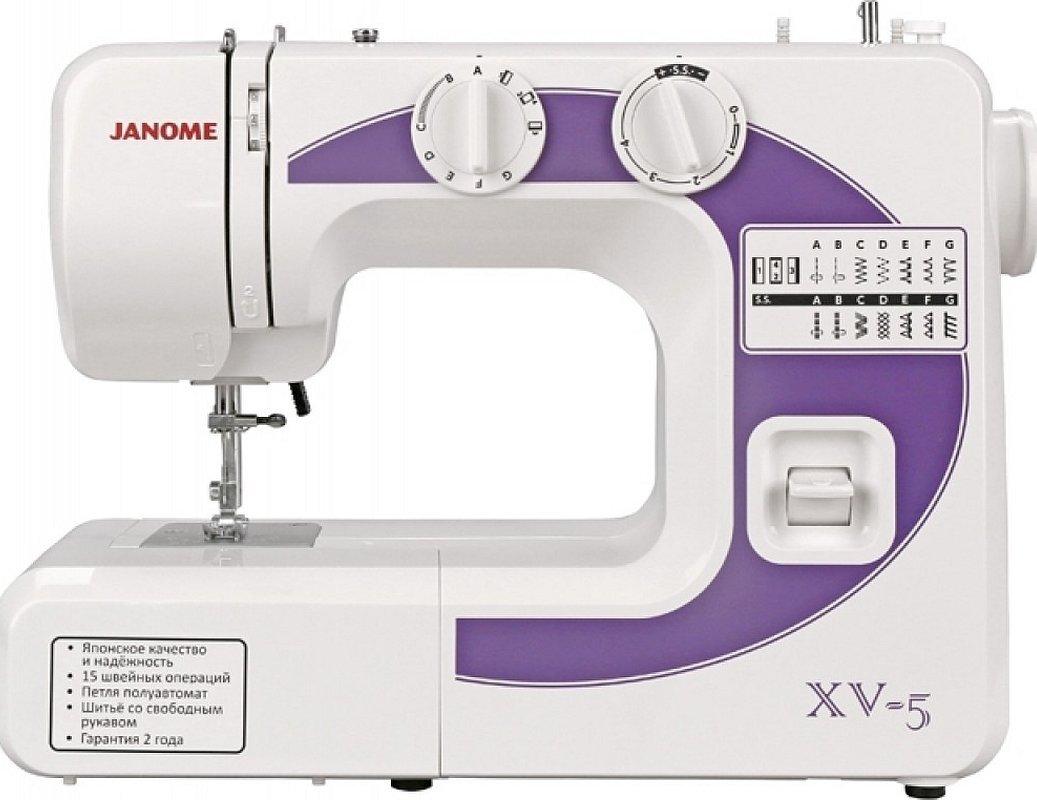
Mechanical sewing machines with electric drive (electronic models) have significant advantages for use at home by beginners and professionals:
- variety of lines;
- automatic loop execution;
- easy change of foot;
- Many models have an automatic mode, backlight, and a hard protective case for storage;
- automatic needle threader;
- the fabric feed mechanism can be switched off;
- The table has an additional work surface.
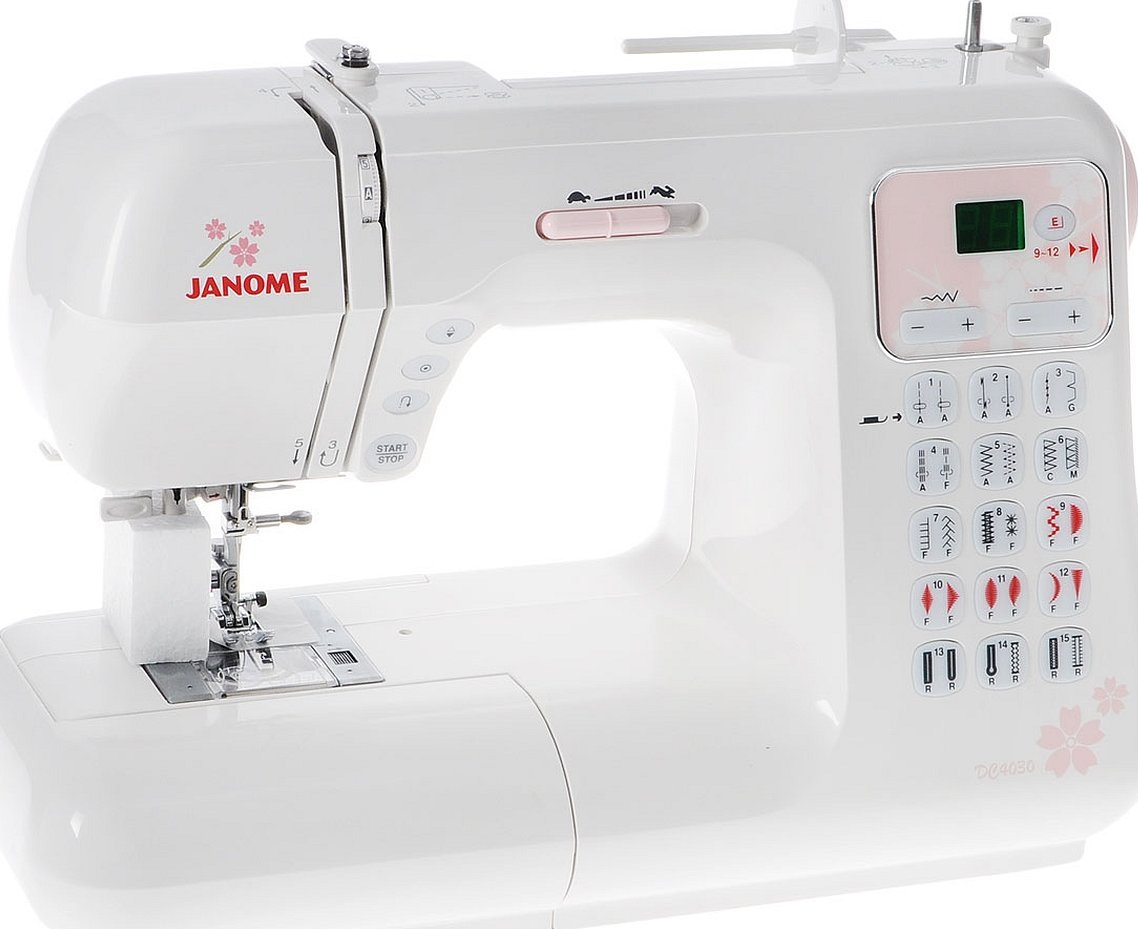
It is the computer line of sewing units "Janome" that occupies the first positions in sales due to a number of its advantages:
- performs all kinds of stitches, decorative finishes, patterns;
- the display shows all the information about the current work;
- The length and width of the seam are smoothly adjusted;
- the ability to sew with a double needle;
- compact models;
- Lock function for safety;
- presence of backlight;
- The pressure of the foot on the fabric is adjustable.
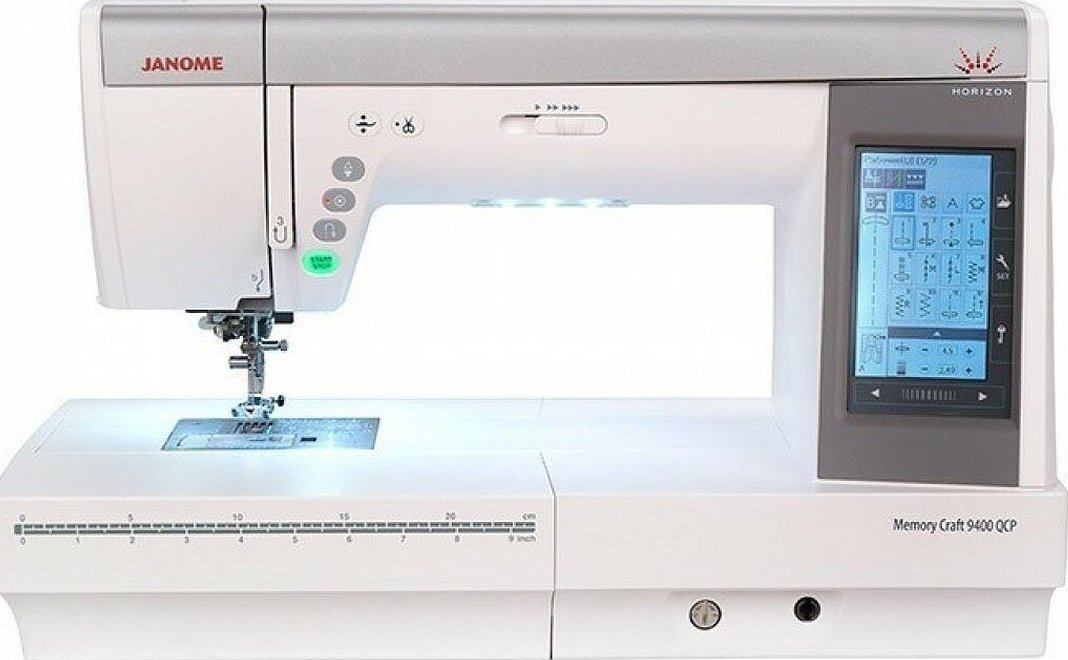
Regardless of the control type, all sewing machines from Janome have 5 advantages:
- Quick start and high stitch speed.
- The powerful motor allows you to sew all types of fabrics, including wool and thick denim.
- Affordable price for the model.
- Easy to operate once you understand the settings.
- Easy to maintain.
Types and configurations
In the Janome model range, as mentioned above, there are 3 types of sewing machines that differ in their configuration. Electromechanical models are the simplest, electronic ones are the golden mean, and computer ones are the pinnacle of engineering technology.
All three are discussed in more detail below.
Electromechanical models
The simplest type of sewing machine, which implies only a set of basic functions. Minimum number of operations, in Janome their number varies from 12 to 40. Manual control with switches. The shuttle in the device is vertical. Usually, electromechanical models are chosen by novice seamstresses and housewives for home use.
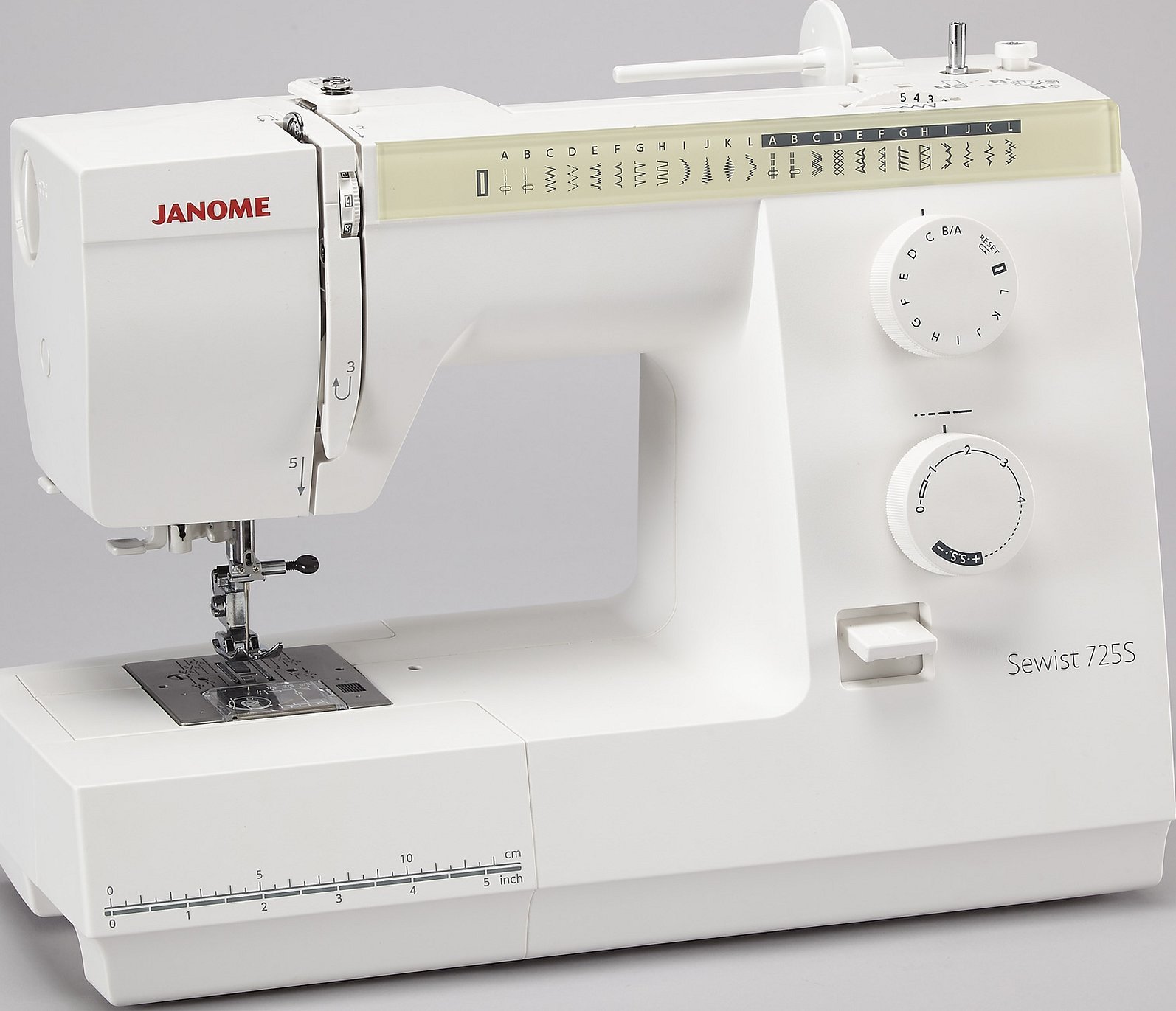
Electronic sewing machines
The same electromechanical, but with the addition of electronic components that expand the functionality. You can automate some of the processes - adjust the smoothness of the stroke on the go, embroider an unusual pattern. The shuttle is horizontal, which allows you to increase the width of the line. Electronic models are chosen as a compromise between electromechanical and "tricked out" computer ones.
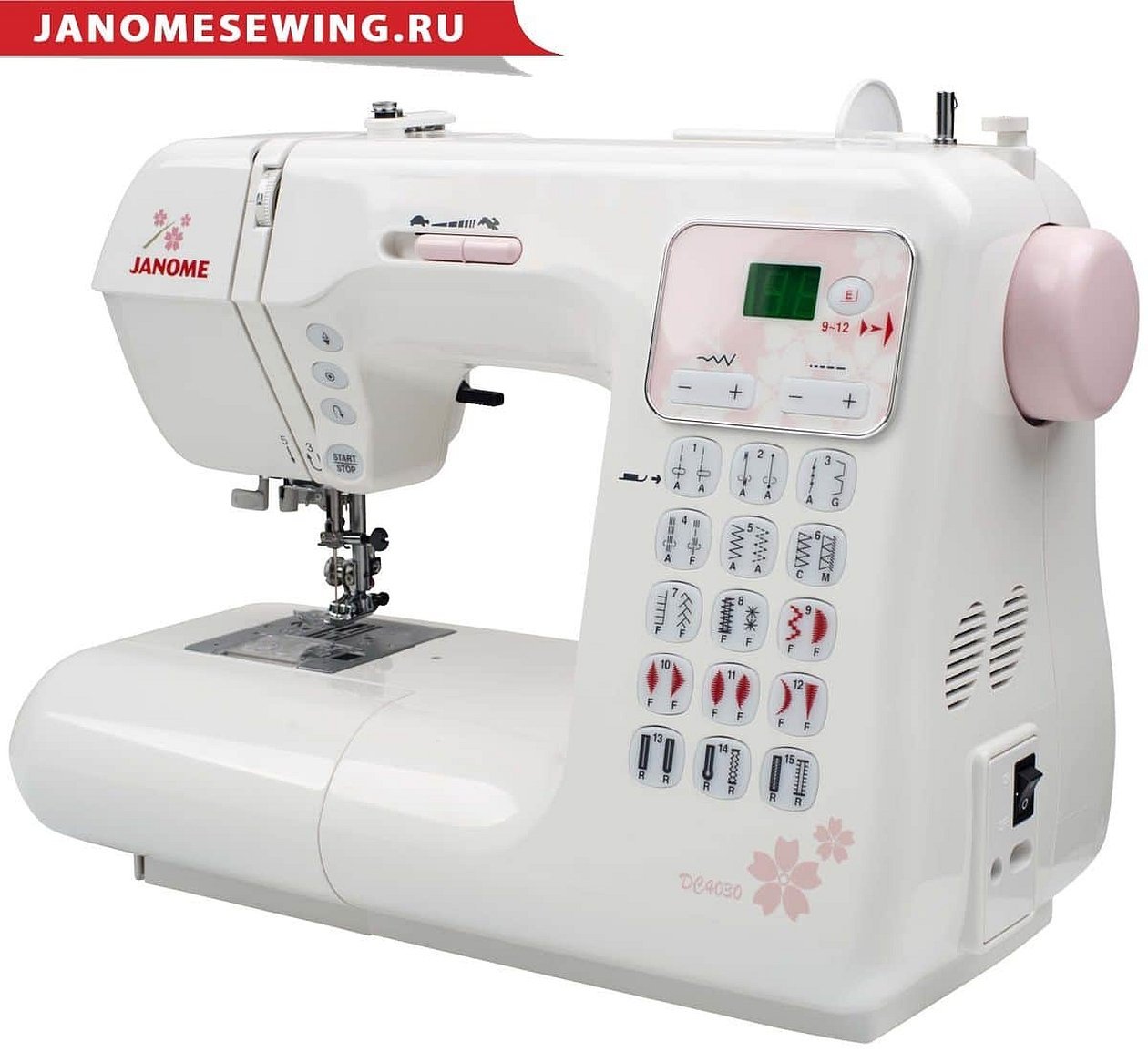
Computer units
These models have their own processor that controls all the equipment. They have a high processing speed for items made from any fabric. You can program stitches, needle position, and many other parameters. New models are equipped with touch screens, which make it easy to edit a task. They connect to a computer to download new sewing programs.
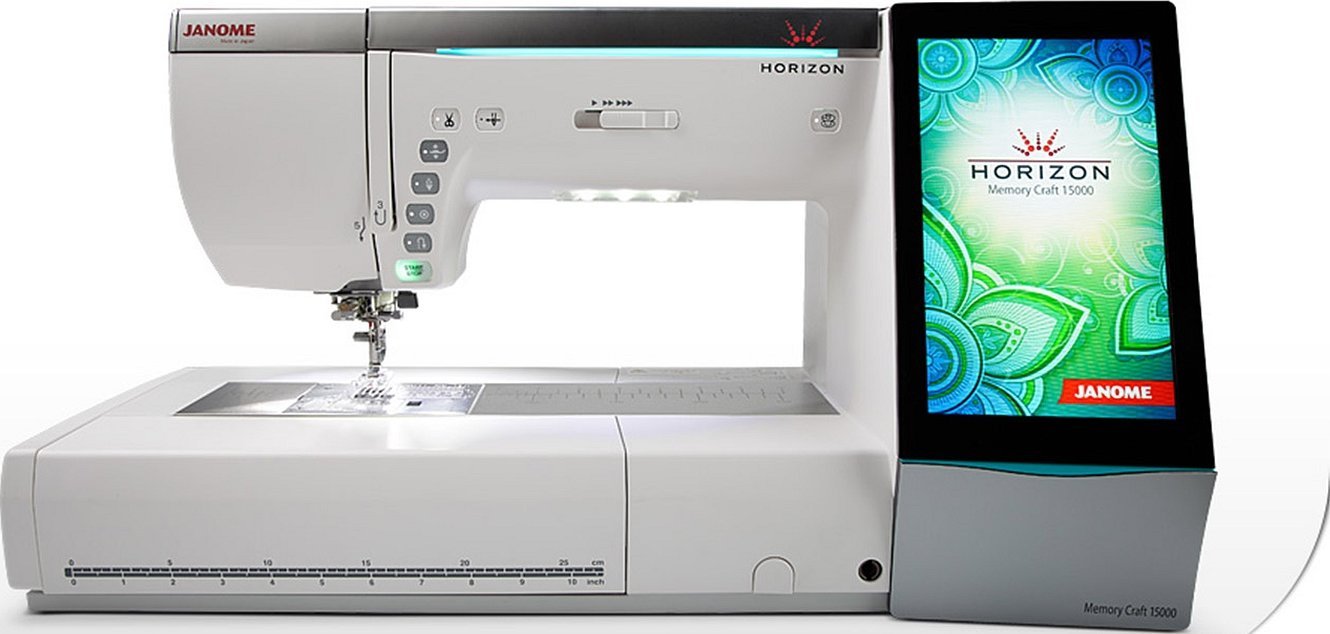
Please note! It was Janome that first developed programmable computer models of sewing machines.
Since Janome specializes mainly in sewing machines, their products also include narrowly focused industrial models designed for professional sewing in factories and plants. These are embroidery and cover stitch machines, overlocks.
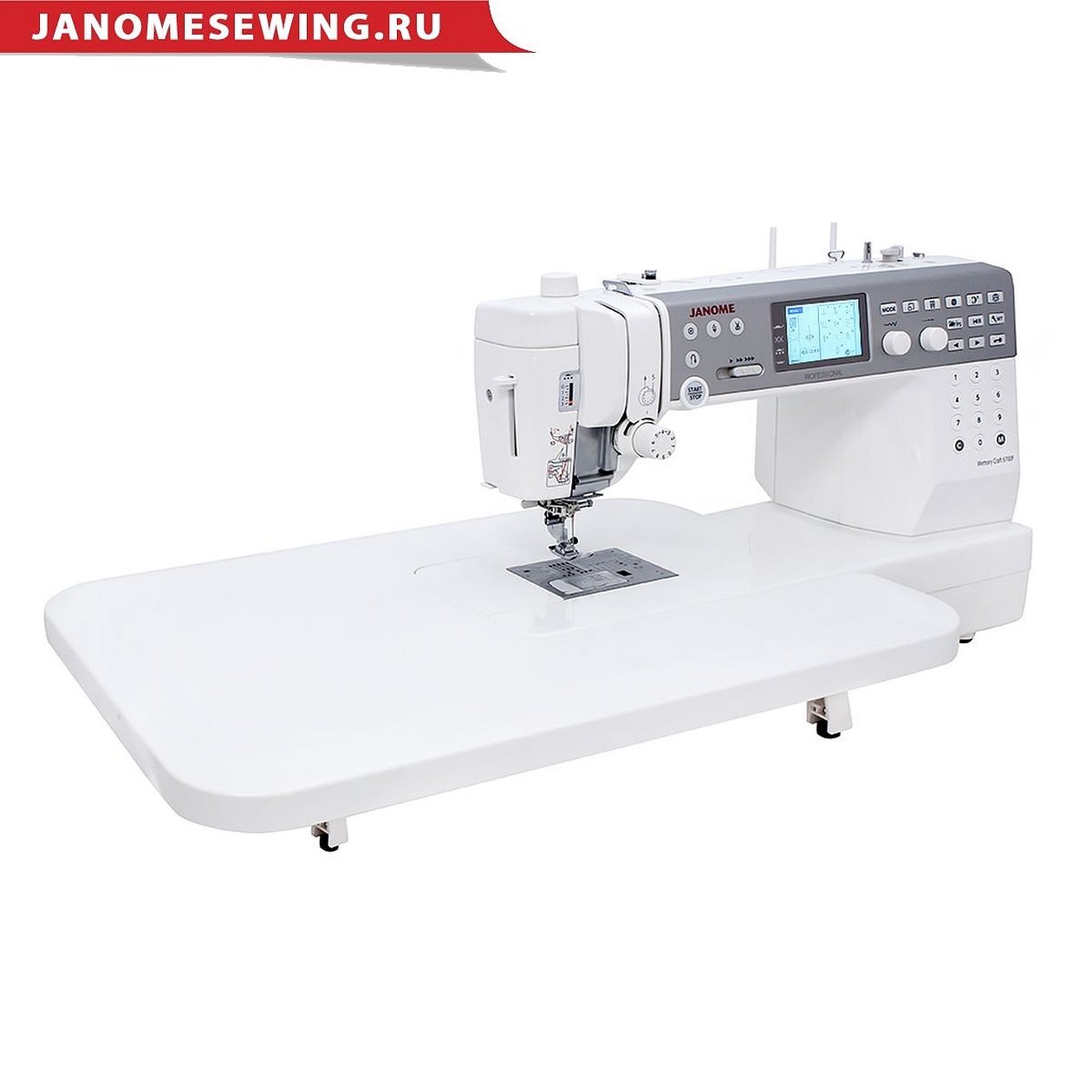
The Janome sewing machine kit depends on the specific model. Inexpensive electromechanical kits only include instructions for the Janome sewing machine and the device itself. All products are supplied in a branded box. Foam sides are used to protect the unit.
Electronic and computer models of this brand, in addition to the instructions for the Janome sewing machine, can also be supplied with:
- additional feet for zigzag stitching;
- for loop;
- for hemming;
- protective case;
- evaporator;
- a flask of oil;
- small and large screwdriver;
- additional foot for sewing in a lock;
- hemmer foot;
- needles;
- container with lubricating oil;
- blind stitch guide.
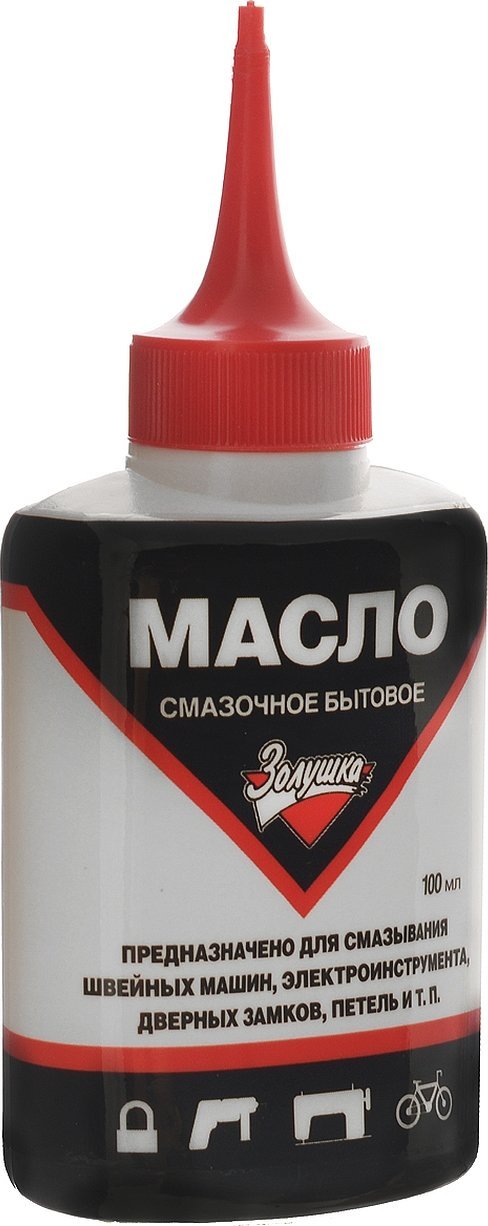
Operating instructions for the Janome June-513
The Janome Juno 513 sewing machine is a simple electromechanical model with the ability to perform 15 operations. Using this product as an example, you can see the rules for working with the Janome device here.
Janome sewing machine – operating instructions (from the beginning of preparing the device for operation):
- First, the unit is installed on a flat, clean surface.
- The pedal plug is connected to the socket on the device, and then the power plug is connected to the electrical network.
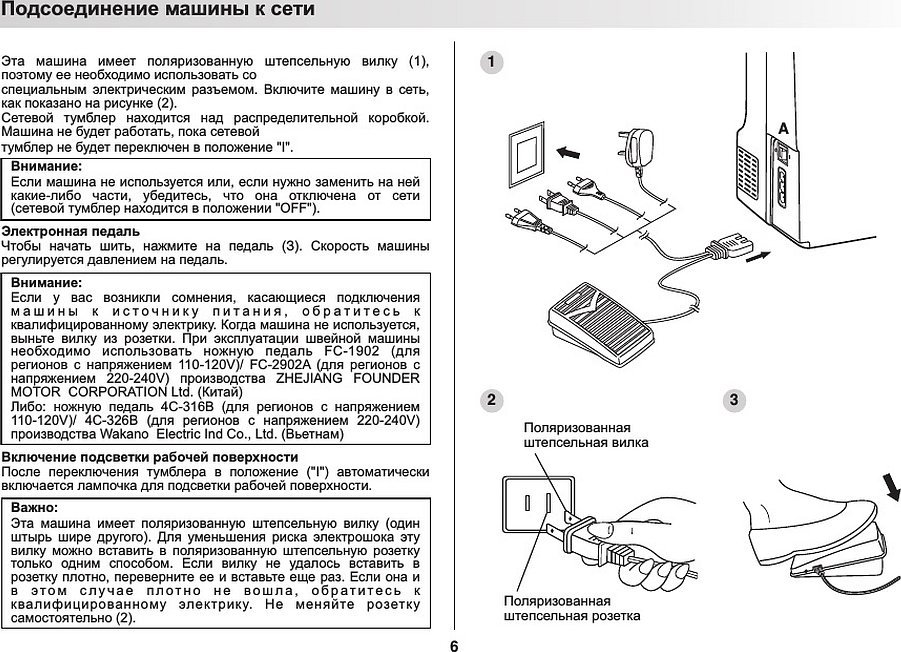
- The switch on the back of the case is turned on and set to the “On” mode.
- If the desktop light comes on, the machine is turned on and ready to work.
Please note! The device must not be left plugged in without supervision.
The sewing machine has 2 spool pins. An additional spool pin may be needed to wind the bobbin without having to reach for the top thread.
The required stitch type is selected using the switches on the front of the body. The switches show stitches. When you turn them, the selected stitch should be next to the setting mark. There are also numbers on the regulator. The larger the number, the longer the stitch.
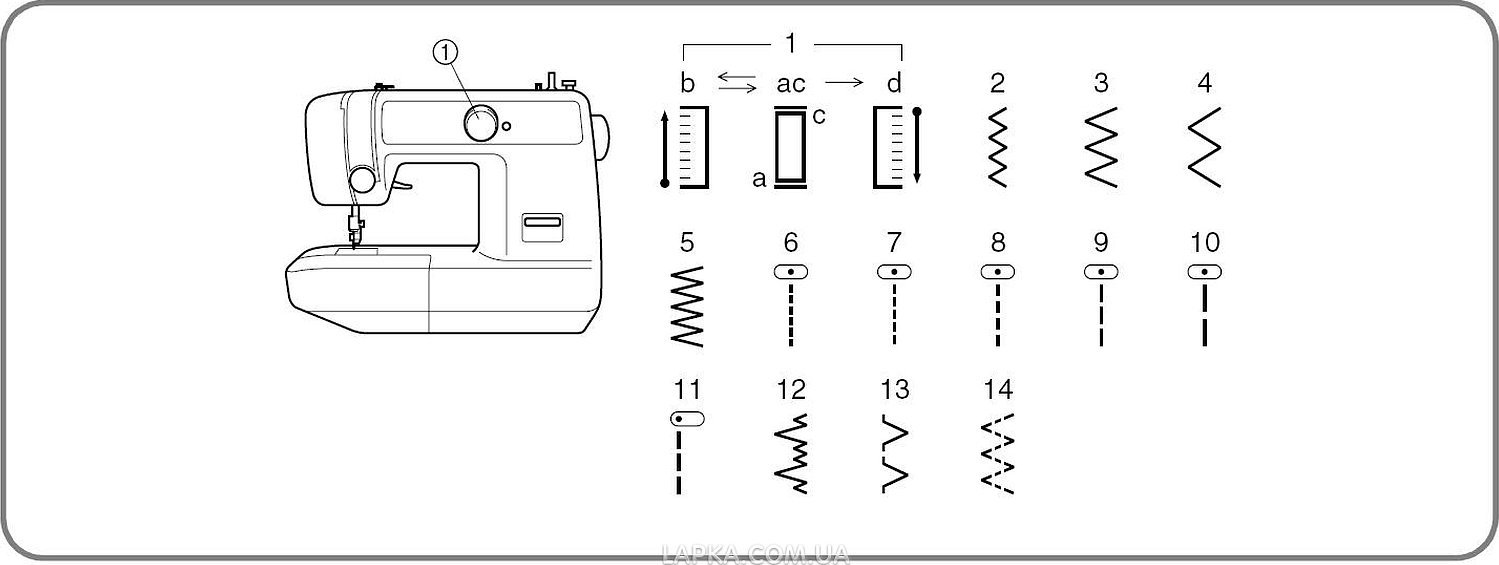
Important! But it is important to remember that the stitch length also depends on the thickness of the sewing thread.
The SS mark on the regulator is selected if you need to work with elastic fabrics. In this mode, the stitch length is set automatically. The triangle icon is needed to make a loop.
The numbers on the needle plate indicate the distance from the center position of the needle. They will help you sew an even seam at the selected distance from the edge of the fabric.
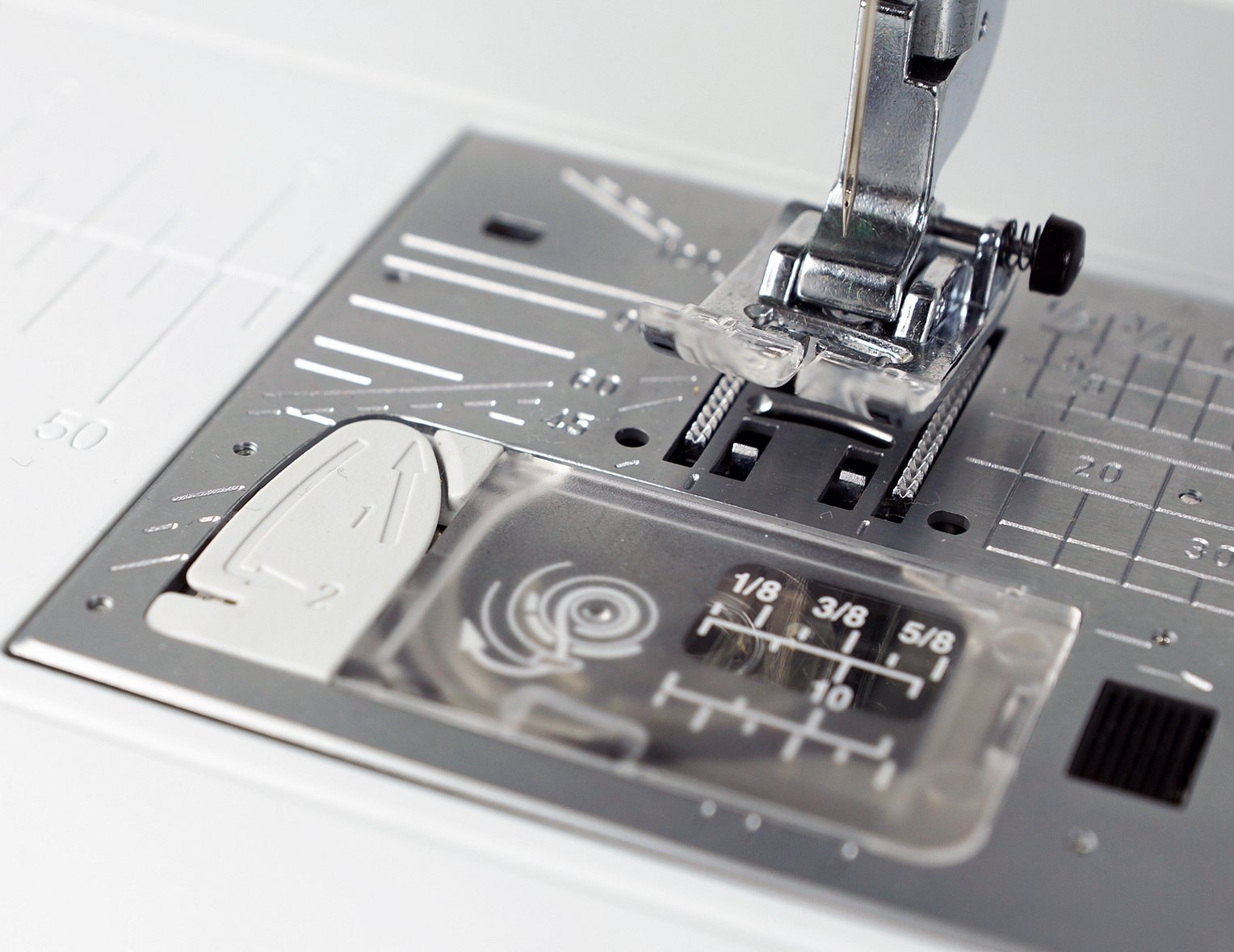
In order for your sewing machine to serve you for a long time, you must always follow 3 rules:
- Do not leave the device in unheated rooms, on the veranda, attics, near a window or on the floor. The listed places always have high humidity. In such conditions, the unit will rust very quickly. It is best to store the sewing machine for a long time in a hermetically sealed package.
- All rubbing parts of the device must be lubricated with machine oil. It must always be fresh. Use it within 6 months after purchase.
- If even a minor malfunction occurs, the unit should be immediately taken in for repair.
Selection of needles and threads
The Janome sewing machine is suitable for sewing thin, medium and heavy fabrics. For a high-quality stitch, it is necessary to select the right sewing threads and needles for each type of fabric. The use of suitable consumables in sewing is the key to success.
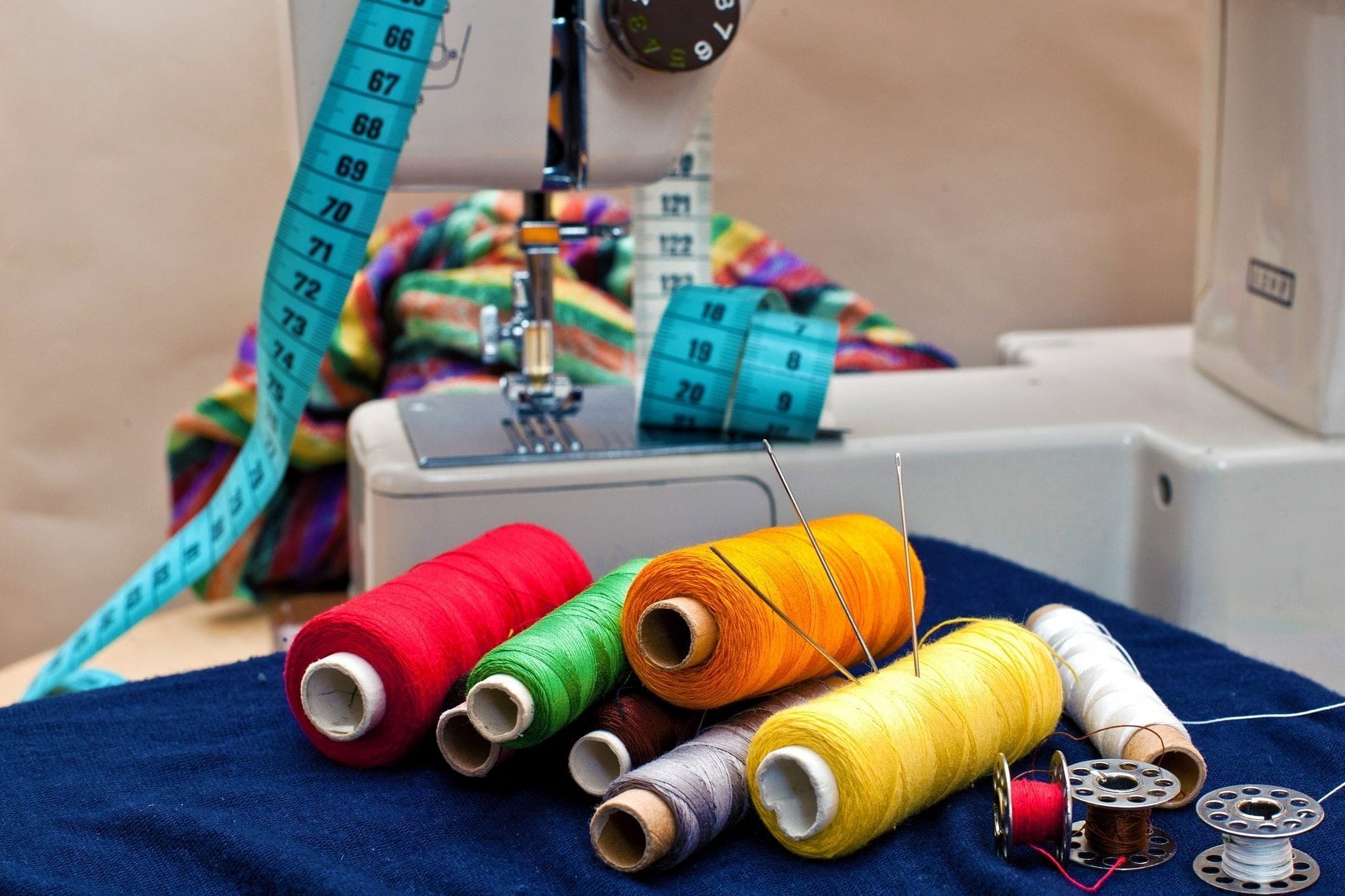
Table of the relationship between thread counts and fabric types:
| Textile | Threads | Needle size |
| Lightweight fabrics | Thin silk Cotton with polyester Thin synthetic | No. 9/65
No. 11/75 |
| Medium fabrics | Silk #50
Cotton No. 50-80 Synthetic No. 50-60 | No. 14/90 |
| Heavy fabrics | Cotton No. 40-50
Silk No. 50 Synthetic No. 40-50 | No. 16/100 |
Please note! The correctness of the choice is checked before starting to work with the product on a small piece of fabric.
Janome sewing machines are one of the best options for both beginners and experienced seamstresses. They are easy to operate, especially if the seamstress began to study the operating manual immediately after purchasing the unit, convenient and fast for producing a wide variety of fabric and leather products.

